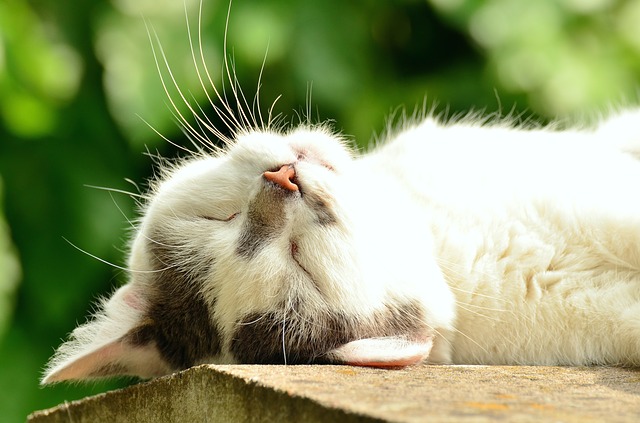In my December 6th, 2018 wellness blog I discuss estate planning and end of life care. Some may find this topic a bit inappropriate during the holiday season, though I disagree. Families and friends tend to spend more time together this time of year. What better time to have candid discussions with those closest to you? Plus, depending upon your spiritual and/or religious beliefs…this is a time that the acts of birth, death, and renewal are on the minds and hearts of many.
The last task I completed on my estate planning to-do list was to finalize what will happen after I have passed away. I decided to donate my body to science, specifically, to the University of Utah medical school anatomy lab. I am an alumni of the University of Utah, understand the importance of research, and received some of my own training in a cadaver lab. Coincidentally, the December 2018 edition of the University magazine Continuum included a 6-page article discussing the importance and purpose of the body donor program. The article speaks of this type of donation as a “final act of generosity”, and I wholeheartedly agree with this sentiment. My family and I know that by donating my body to science I am providing future health practitioners a vehicle to learn from. In exchange I receive free embalming, cremation, and requested that my ashes are returned to my son after the work my body provides is complete. The final option is a decision that may or may not be a fit for you. If you are interested and wish to learn more, follow this link:
https://continuum.utah.edu/features/a-virtuous-circle/
Be Well!
~Tiffany Anderson, LMT, RMT, BS, CHES
Founder, Anderson Therapeutics & Author of, Butternut to Bionic: A Resource Guide to Hip Replacement Surgery




